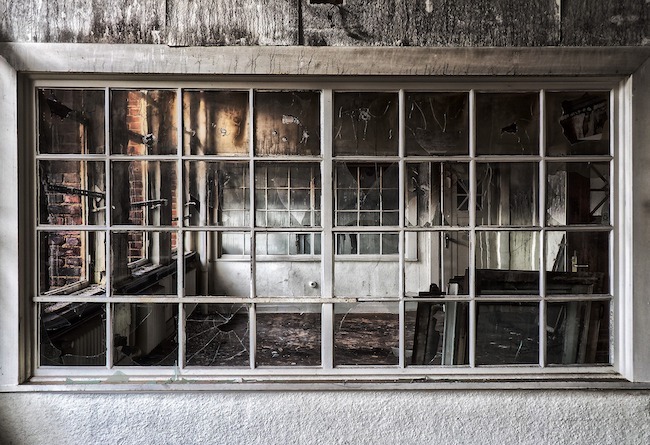If it’s your first time selling a distressed property, you’re likely to make a mistake or two during the process. Selling a distressed house is far different from conducting a traditional home sale.
These are some common mistakes every distressed home seller should avoid:
Pride Over Practicality
When you own a distressed property, it’s understandable to want to sell it for as much as possible. You need to pay your mortgage loan, taxes, or code violations and therefore you want to sell your property for as much as you can get. The most common mistake homeowners make when selling distressed is asking too much. Don’t set an unrealistic price for your home to try to get as much as you can. Homeowners who do this usually just prolong the sale process and will have to lower their asking price anyways.
Not Considering a Short Sale
The misconception around selling distressed property is astonishing. You typically have a few options and ultimately need to choose one. Some homeowners find foreclosure to be the better option. Be aware this option will damage your credit history significantly. Consider opting for a short sale or a cash sale and avoid foreclosure or excessive fines, as it will allow you to resume borrowing quicker than a foreclosure typically would.
Consult with a legal professional before deciding what option is best for you. There are different ramifications to each option, and you will want to make an informed decision.
Delaying the Sale
Defaulting on a mortgage generally leads to bank foreclosure, especially when you put off selling. Procrastination always leads to trouble, resulting in fewer options to avoid foreclosure. Selling your property quickly saves you from facing foreclosure.
Listing your home fast gives you more time to find a buyer offering a reasonable price, which is far better than a complete loss on your investment. Selling to an investor is typically a very fast process, and some investors can close on your house within a week, depending on the situation. Consider reaching out to an investor like Meli if you need to sell your home quickly to avoid foreclosure.
Selling By Owner
Selling distressed property is complicated, and we recommend hiring a real estate expert. This is especially true if you don’t know much about real estate. Real estate agents can provide valuable options in line with your specific situation. You can seek out a mortgage professional, lawyer, or a realtor who is experienced and skilled in short sale legal issues, like code violations or liens.
Making an Agreement with an Unqualified Buyer
When you can’t find a home buyer, you may opt to sell your property to an investor or house-flipper. These buyers usually purchase properties for less than market value. It’s important to ensure the property buyer is able to and will pay you in full for your property. Meli works with their own funds and a network of investors, so we’re always able to pay you in full if we get a home under contract.
Do You Own a Distressed Home?
Owning a distressed home doesn’t mean it’s the end of the world. Sellers are often stressed when attempting to sell a distressed home. That is why Meli provided some of the most common mistakes every distressed home seller should avoid. Most distressed homeowners have options. Take time to learn about your distressed housing situation, consult with a professional if you can, and if you determine that selling to an investor is the right choice, consider reaching out to Meli.
Our team is highly experienced in buying and selling homes, and we work with a partner network of attorneys, realtors, and investors to purchase your home in the shortest time possible. We’re able to buy homes in under 30 days, and can often buy in far less time as needed, depending on the situation. Give us a call at (407) 305-5008 or request an estimate on your home’s value below.
Want to learn more about selling distressed? Get our eBook, “Everything You Need to Know When Selling a Distressed or Difficult-to-Sell Home.”
This article is meant for informational purposes only and is not intended to be construed as financial, tax, legal, real estate, insurance, or investment advice. Meli encourages you to reach out to an advisor regarding your own situation. Please consult with your advisor when making legal or financial decisions.


